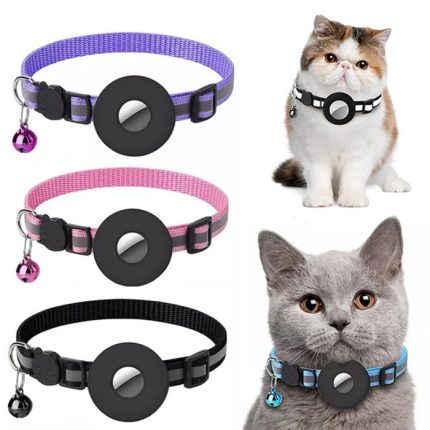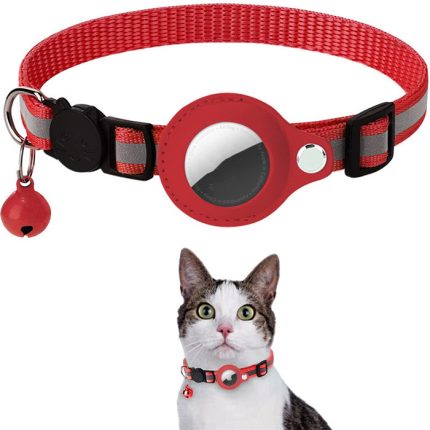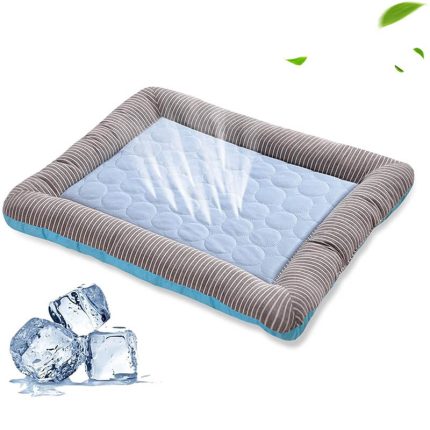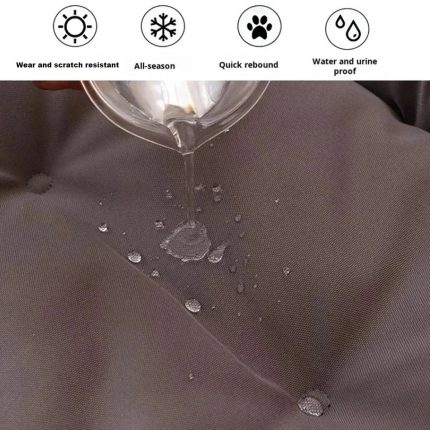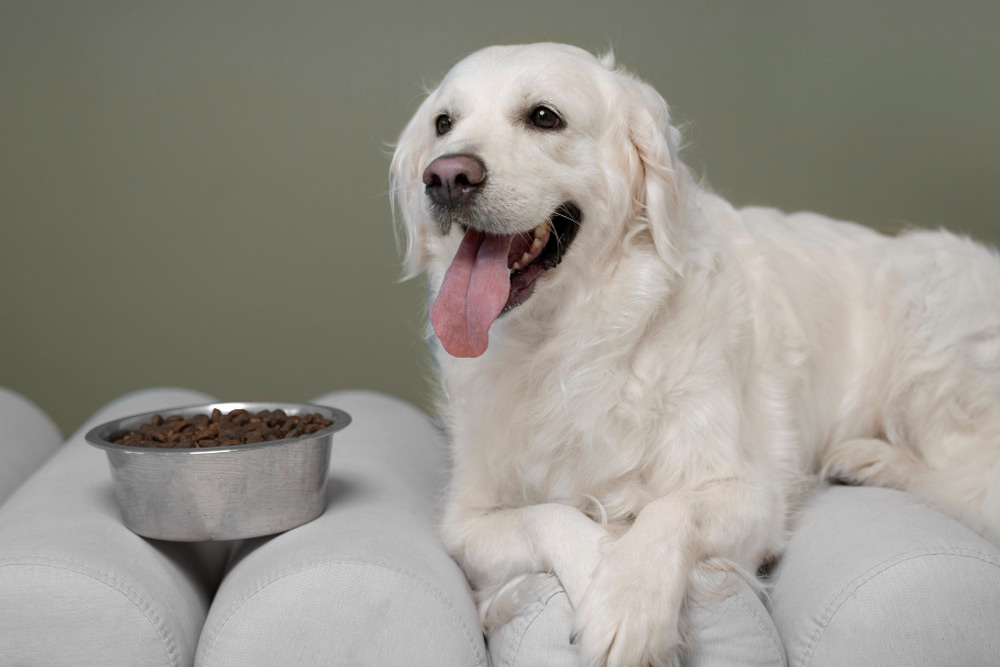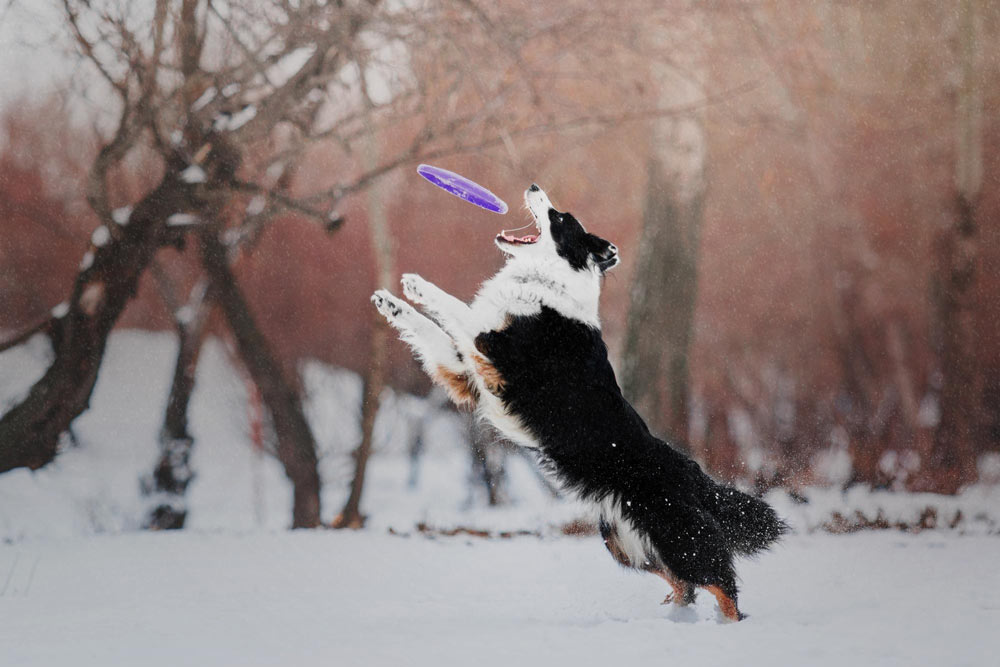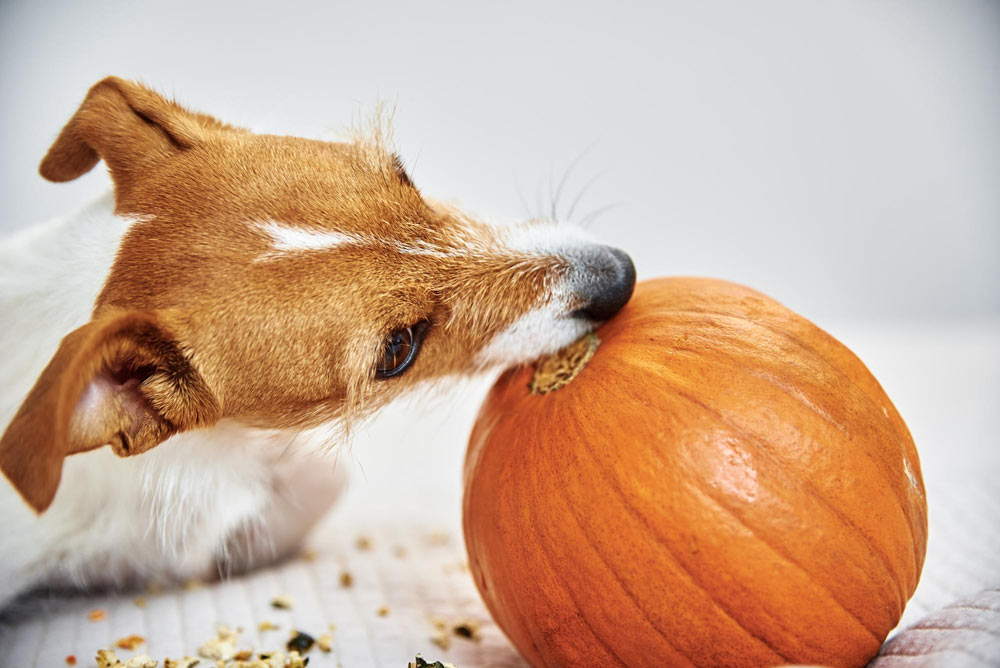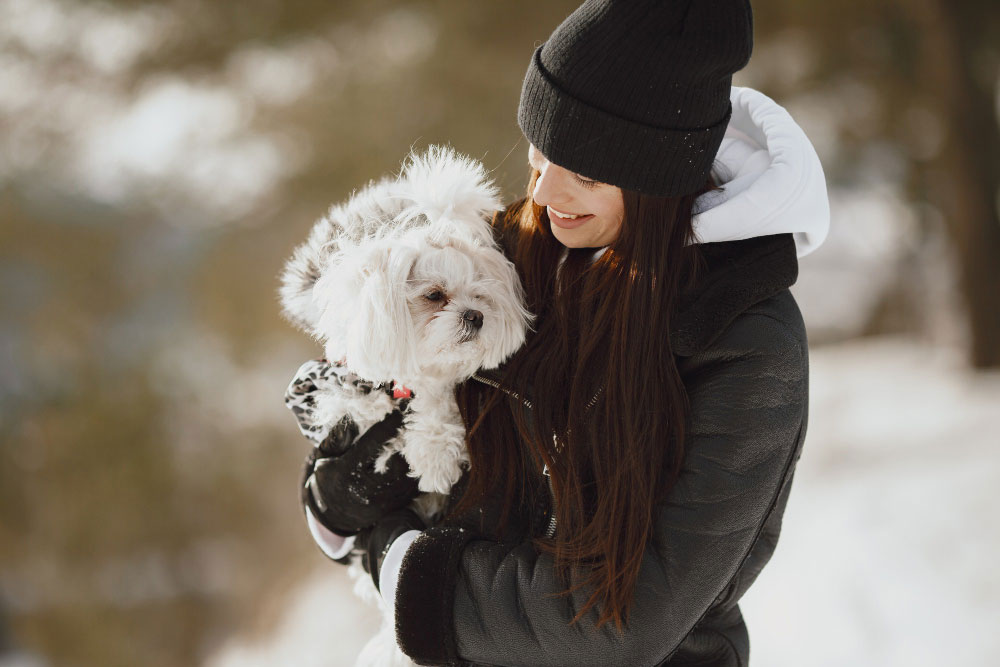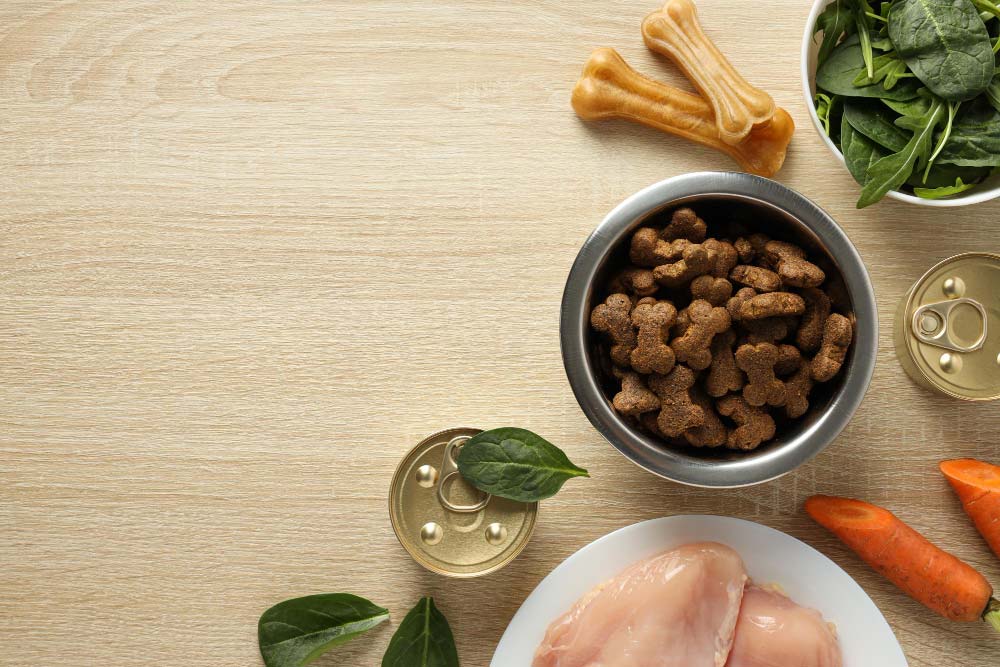Blog
Healthy Winter Fruits and Vegetables for Your Dog

When winter comes around, you might wonder which seasonal fruits and vegetables are safe for your dog to enjoy. Sharing these treats can be a healthy way to add variety to your pet’s diet, but it’s essential to know what’s safe.
Winter Vegetables
Cabbage
Cabbage is safe for dogs in moderation. It’s nutritious but can cause gas, so be mindful of the amount you give.
Brussels Sprouts
These are packed with nutrients and antioxidants. Like cabbage, serve them in small quantities to avoid digestive issues.
Broccoli
Broccoli is high in fiber and vitamin C. However, it contains isothiocyanates, which can cause stomach irritation. Always serve in small, bite-sized pieces.
Kale
Avoid giving kale to your dog. It contains calcium oxalate, which can lead to kidney and bladder stones.
Winter Fruits
Pears
Pears are rich in vitamins C and K and fiber. Remove seeds and pits before serving, as they contain cyanide traces. Always offer fresh, not canned, pears.
Oranges
Oranges are safe in small amounts. They provide vitamin C, potassium, and fiber. Remove the peel and seeds before giving the flesh to your dog.
Grapefruit
While dogs can eat grapefruit flesh, the bitter taste usually deters them. It’s very acidic and should be given sparingly.
General Tips
Always introduce new foods gradually and in moderation. Remove any seeds or pits to prevent choking hazards or toxicity. Consult your vet if you’re uncertain about a specific food.
By carefully selecting which fruits and vegetables to share, you can ensure your dog enjoys a healthy and varied diet during the winter months.
